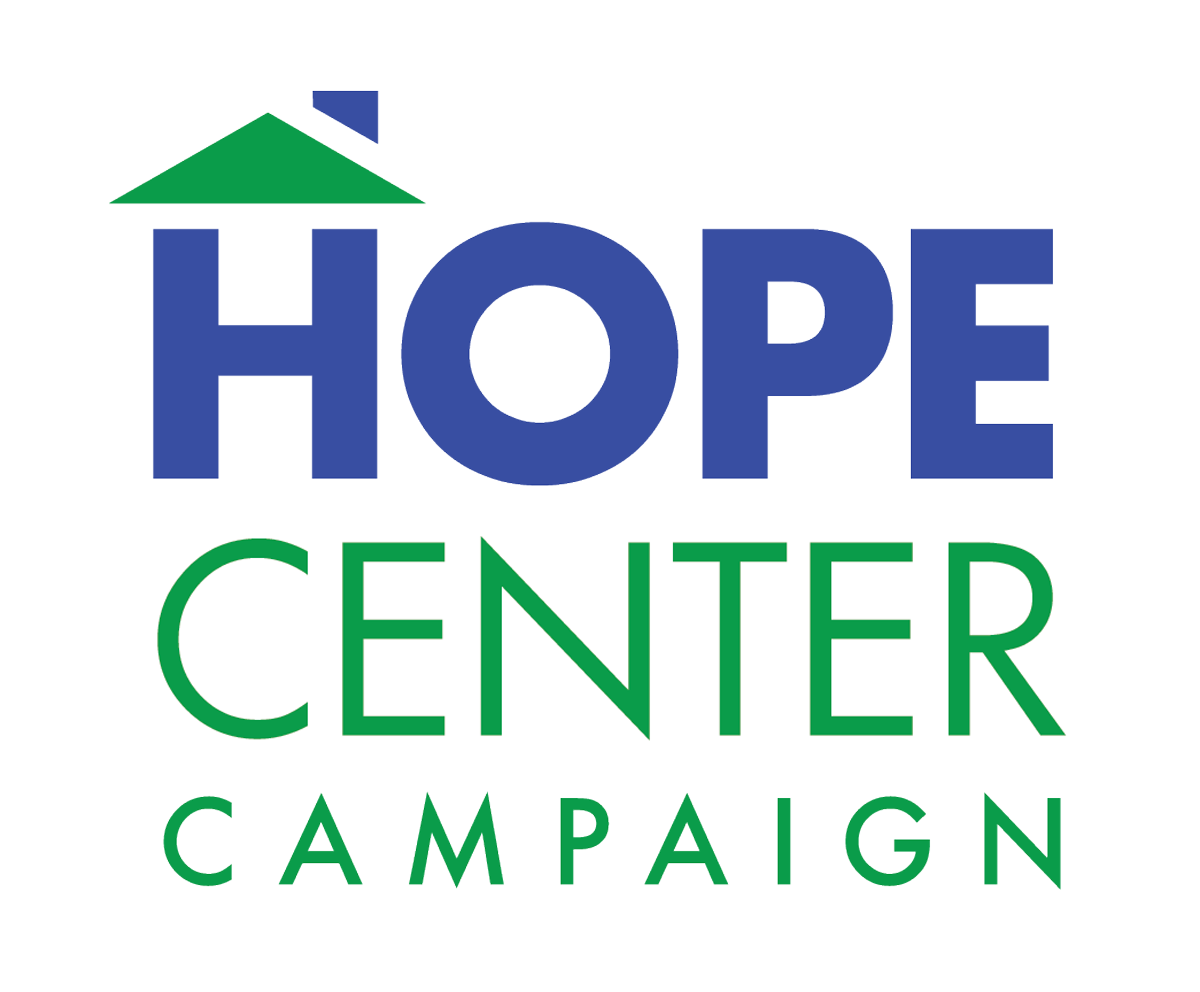
Homelessness in the Lowcountry
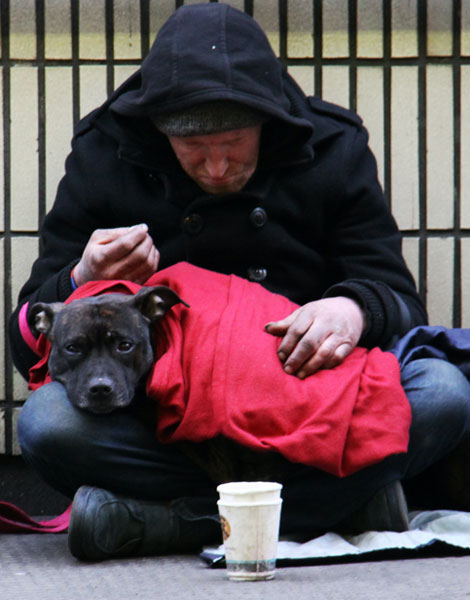
And families like Katie and David who were evicted and live in the woods while their children are forced to live with other family members out of necessity. They need affordable housing and jobs to not only support themselves to end their homelessness, but to also give their children a chance at a stable home and future. Sad but hopeful stories of those who do not want to be forgotten. These are our fellow human beings, our neighbors, our friends, our family and some of the individuals who will be helped by the Hope Center.
Closing the Accessibility Gap
Because the tri-county area is prospering, it’s easy to assume that everyone who lives here must be prospering too, that we are all emerging from the pandemic stronger and more resilient. But prosperity is anything but abundant.
Over the last decade, the gap between household incomes and housing costs has grown wider and wider. As a result, more of our neighbors are in crisis every year. Some are homeless. Others are on the brink of homelessness. And they are right here in our community.
• Annual Homelessness Assessment Report (AHAR) conducted by HUD indicates the number of individuals experiencing homelessness is higher than 1,600 in our region.
• Over 75% of the people served at homeless housing projects within the 7-county Lowcountry Continuum of Care come from Charleston County based on annual Point-In-Time Count conducted in 2020.
• 1,611 students in the public school systems in the Lowcountry experienced homelessness according to the 2018/2019 McKinney-Vento Report.
• The City of Charleston outreach efforts alone worked with 345 individuals experiencing homelessness over the past 12 months.
• With more than 16 of every 100 renters evicted, North Charleston has the highest eviction rate in the country per capita. That equates to 10 households evicted every day.
• Lifting the moratorium on evictions has only made the situation worse for thousands of people who have struggled through the pandemic.
And experts agree. We are vastly underestimating the actual number of people struggling with homelessness and housing insecurity here in the tri-county area, across the state, and throughout the nation.
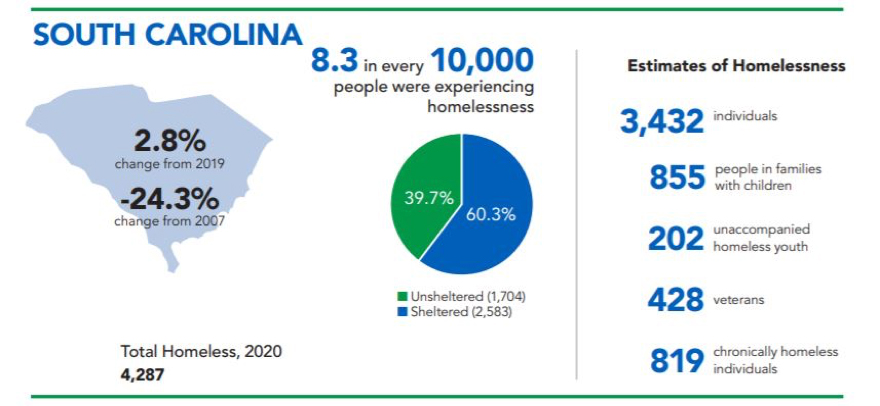
The United Nations has declared adequate housing is a human right, and defines the right to adequate housing as “the right to live somewhere in security, peace, and dignity.”
Low-income households consistently living in and near poverty often have to make decisions between paying rent and providing other necessities like food and healthcare. Food insecurity and evictions lead to experiencing unstable housing. Finding security, peace, or dignity is hard to come by when one is in a state of constant crisis.
The Bottom Line?

Far more people struggle with homelessness and housing security than our current service providers can assist.

Too many of our housing insecure go without the help they need because they don’t have the means to access it.

Our current low-income housing stock is woefully inadequate to meet the needs of our community.
“Because of the pandemic the number of families in need is only increasing. We are facing a long recovery, and The Center can be part of the solution.”
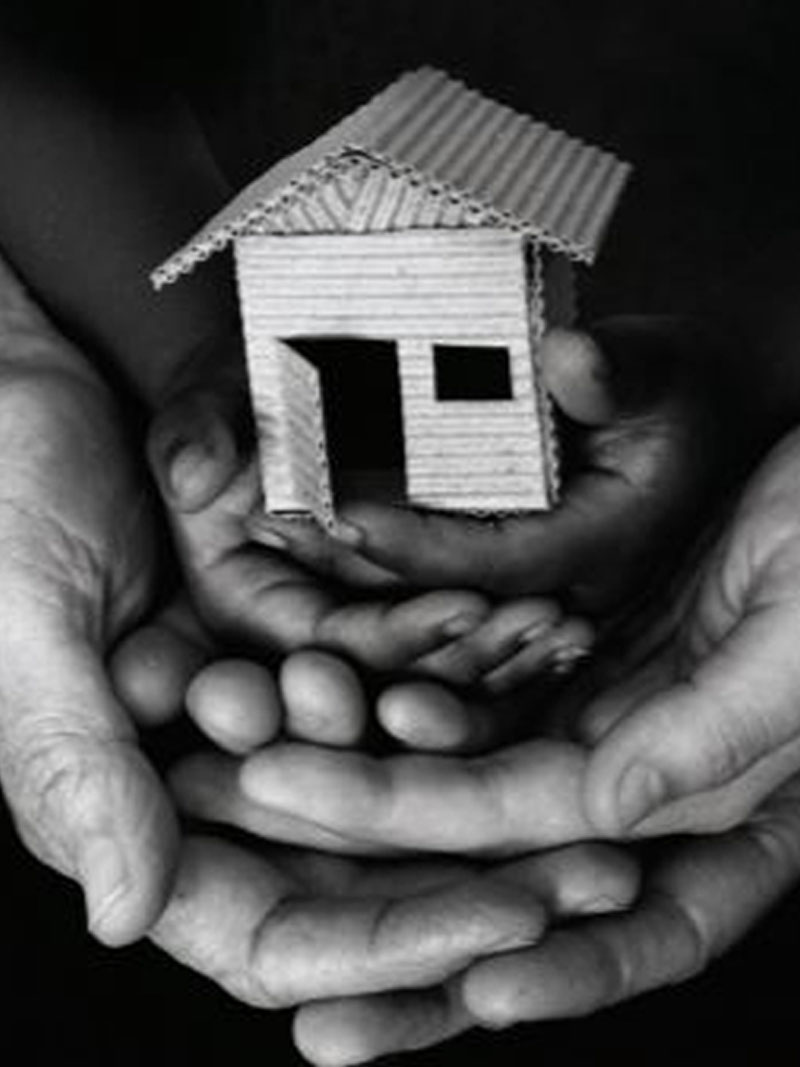
Introducing the Hope Center and Onsite Services
The City of Charleston, in partnership with the Mayors’ Commission on Homelessness and Affordable Housing, is proud to present plans for the Hope Center where our struggling neighbors will be able to secure the services they need at a single, convenient, permanent location——critical at this time in our region’s history.
The Hope Center will fulfill the purpose of the Mayors’ Commission to address homelessness in our community by
• Creating a system to quickly rehouse those who become homeless.
• Providing our neighbors who are homeless and housing insecure the full range of supportive services they need.
• Increasing the affordable housing stock with options for individuals in the 30% – 80% range of average median income.
Components of the Hope Center Campaign
Provide Comprehensive Services in a Single, Permanent Location: Solving housing insecurity and homelessness is not as simple as finding a place for individuals and families to live. Individuals struggling with housing security need comprehensive services to recover. The Hope Center will be our region’s service hub. We will provide intensive, customized case management with a full range of wrap-around services from partner agencies. Services will include:
• Comprehensive case management for everyone who asks for help
• Medical, dental, and mental health care
• Nutrition and food assistance
• Clothing assistance
• Legal aid
• Opportunities for job training and education
• Day-to-day basic needs including communication tools like phones and computers, along with safe facilities for bathing and laundry
• On-site meetings with the agencies, programs, and service providers who can help our neighbors get back on their feet
• By offering these services at a single site, the Hope Center will become a launching point for permanent stability.
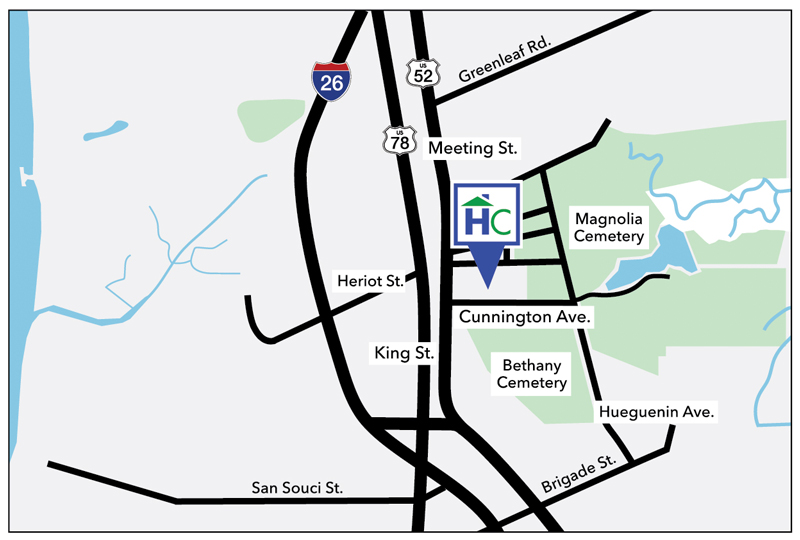
Accessibility is key to the Center’s success and to our region’s ability to move the needle on homelessness: The Hope Center will be easy to find and easy to access—adjacent to major transportation arteries and along CARTA bus routes—for everyone who needs its services no matter where they call home in the tri-county area.
Increase the Supply of Available Housing: Above the service hub, the Hope Center will offer a diversity of permanently supported affordable housing options. By offering different types of housing, the Hope Center will be able to
• Meet the needs of individuals wherever they are on their journey to self-sufficiency and housing security.
• Fill the desperate need in our community for additional warming and cooling shelter space and low-income housing. Right now, every single available bed across the tri-county area has a long wait list.
With a permanent facility, we will ensure that our neighbors know who to turn to, where to go, and how to secure help. And they will be able to address all their needs in a single location.

The Hope Center has the potential to make a dramatic impact on our entire community. We will significantly impact more people experiencing homelessness and housing insecurity. We will reduce one of the biggest barriers to participating in the programs proven most successful in breaking the cycle of housing insecurity: the need to travel to multiple locations to access essential services.
You Can Help Us Rise from the Ground
We believe we can do better when it comes to helping our homeless and housing insecure by providing all the resources they might need in a single, convenient, permanent location. That is why the City of Charleston and the Mayors’ Commission on Homelessness and Affordable Housing stand together in support of the construction of the Hope Center.

$3.38 to reach our goal!
We’ve secured 57% of our $7 million campaign to build and equip the Hope Center. Now we need your help to raise the remaining $3.38 million to reach our goal. Gifts and pledges for the campaign will be coordinated through the Homeless to Hope Fund, which is overseen and managed by the Palmetto Project, a statewide nonprofit organization that seeks to identify innovative strategies to address the social and economic challenges facing our state, and put them into action.
$7 Million Hope Center Campaign by Components
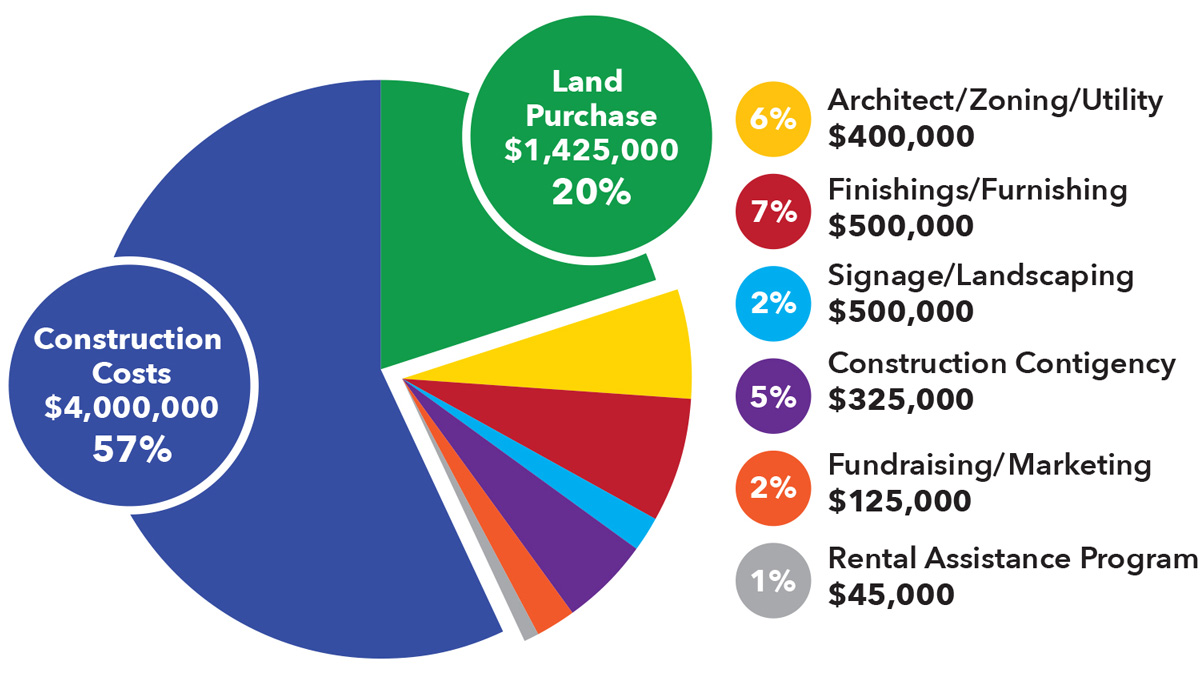
$7 Million Hope Center Campaign by Source of Support
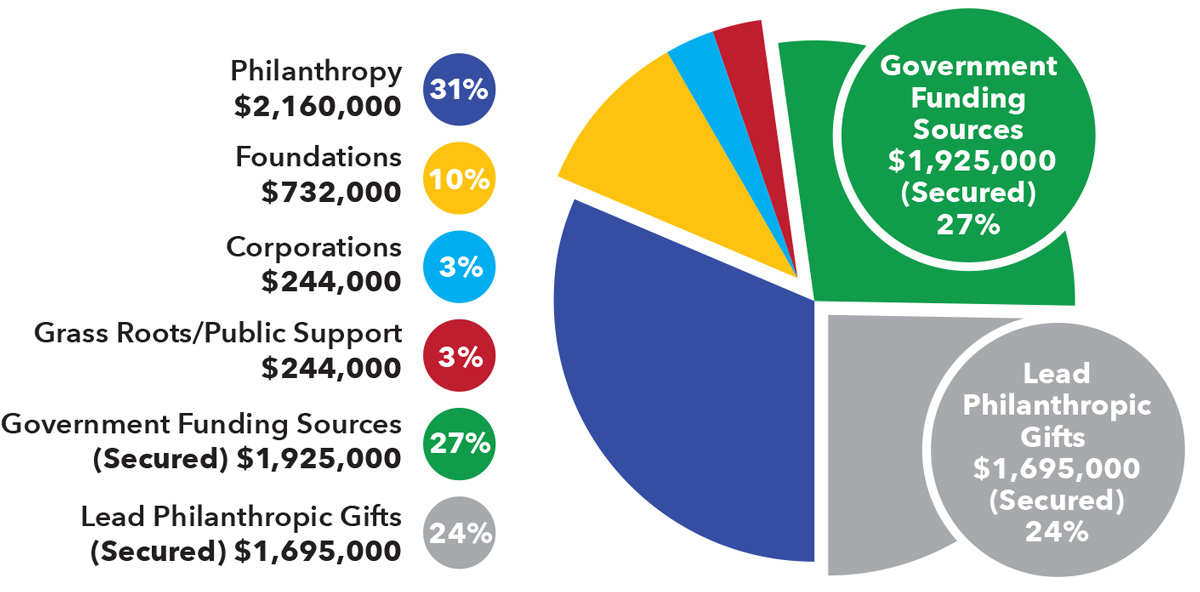
It Takes a Community to Make a Difference
Making a gift to the Hope Center Campaign is an opportunity to join hands together, become part of the solution to homelessness, and have a long-lasting impact on our neighbors and on the city you love. We invite you to make a gift or pledge today!
